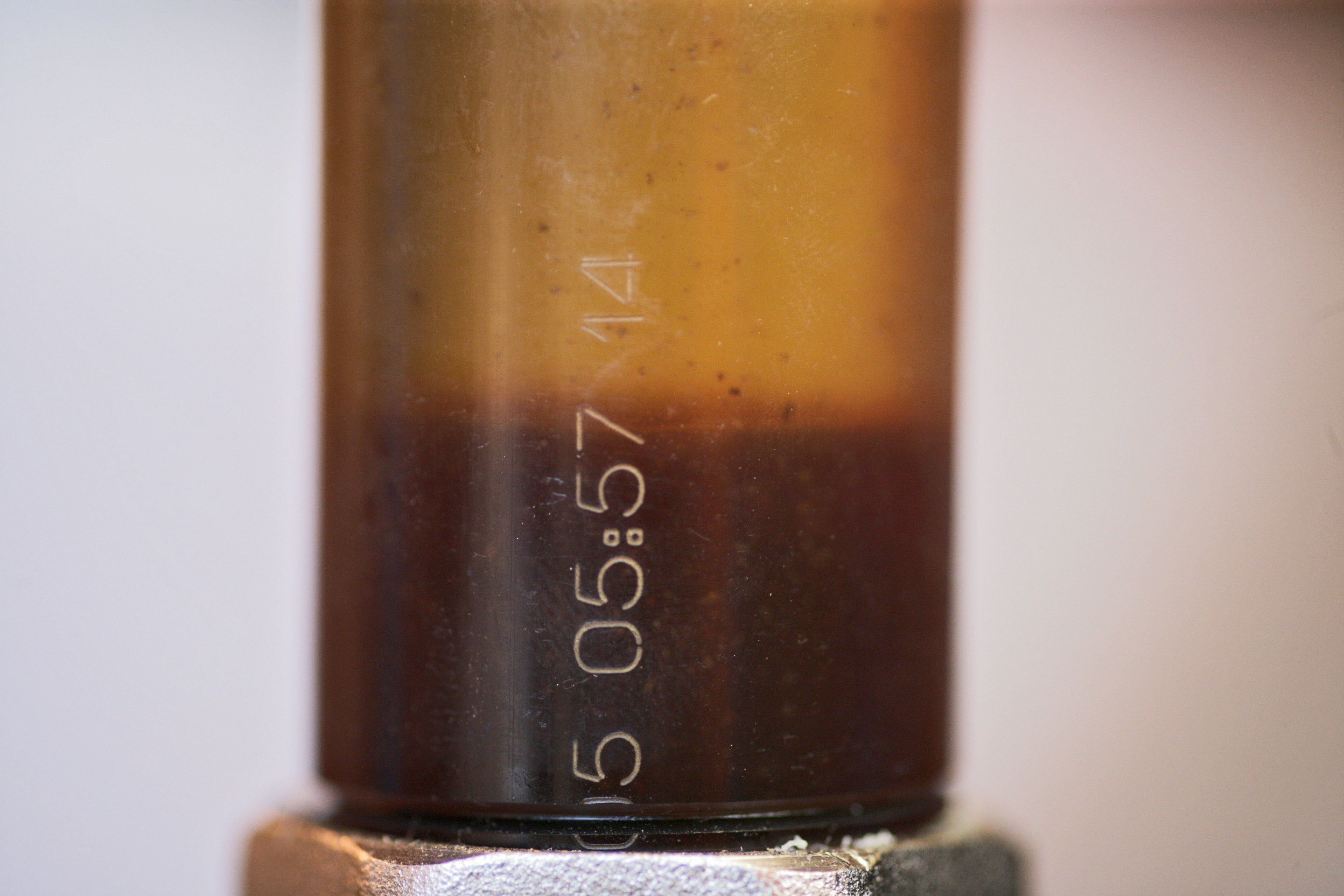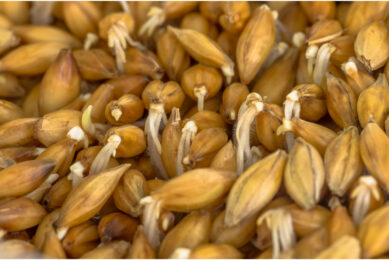Glycerol instead of barley: Good choice?

Is glycerol a good replacement for barley in dairy cow diets. And does this influence milk production and milk quality? Danish research delved into these questions.
Glycerol is a by-product from the biodiesel industry and sometimes used in ruminant diets. Glycerol can be converted to glucose by the liver and kidneys and provides energy for cellular metabolism. Interest for glycerol as livestock feed has been renewed due its increased availability and decreased price, making it suitable as an animal feed source.
Different levels of glycerol tested
The objective of this study was to determine what proportion of glycerol can substitute barley, as a dietary energy source, in the diet of dairy cows in mid or late lactation, without affecting milk production, milk composition, milk free fatty acid profile, and milk sensory quality. The trial consisted of 40 Holstein cows, milked in an automated milking unit. The trial was carried out at the Danish Cattle Research Centre at Aarhus University in Denmark. Crude glycerol substituted barley in the partially mixed ration (PMR) of the cows at inclusion levels of 0% (Gly0), 6% (Gly6), 12% (Gly12), and 18% (Gly18) of dietary dry matter (DM).
When more glycerol was added to the diet, the cows ate less concentrates in the milking barn. Also the milk production, protein and lactose yields, decreased when more glycerol was added to the diet. When we look at the fatty acid profile, the researchers noted that with an increasing glycerol proportion in the diet, palmitic acid, oleic acid, linoleic acid, linolenic acid, and conjugated linoleic acid proportions in milk decreased linearly, while most of the short and medium chain FFA proportions in milk increased.
Maybe not more than 12%
The researchers conclude that glycerol, as an energy feed, can substitute barley up to 18% of dietary dry matter for dairy cows in mid or late lactation without affecting milk quality. Milk FFA profile changed slightly, as expected from the shift in dietary FFA profile with inclusion of glycerol in the diet. The effects of glycerol inclusion on taste of fresh and stored milk were considered marginal. However, including more than 12% dietary glycerol might decrease Energy Correct Milk (ECM) yield.
Source: Livestock Science











